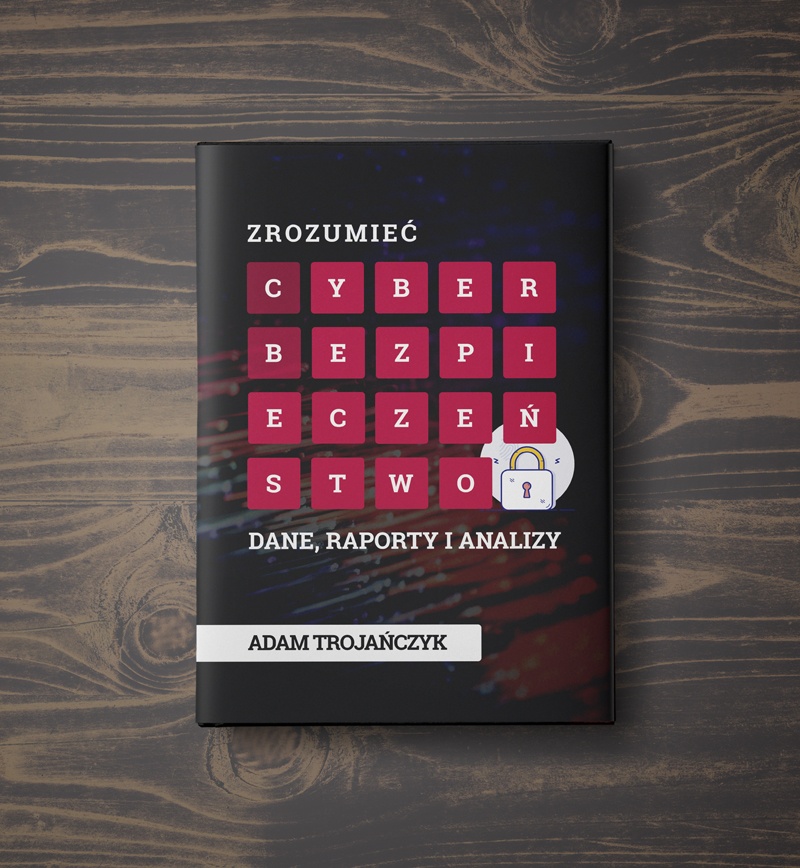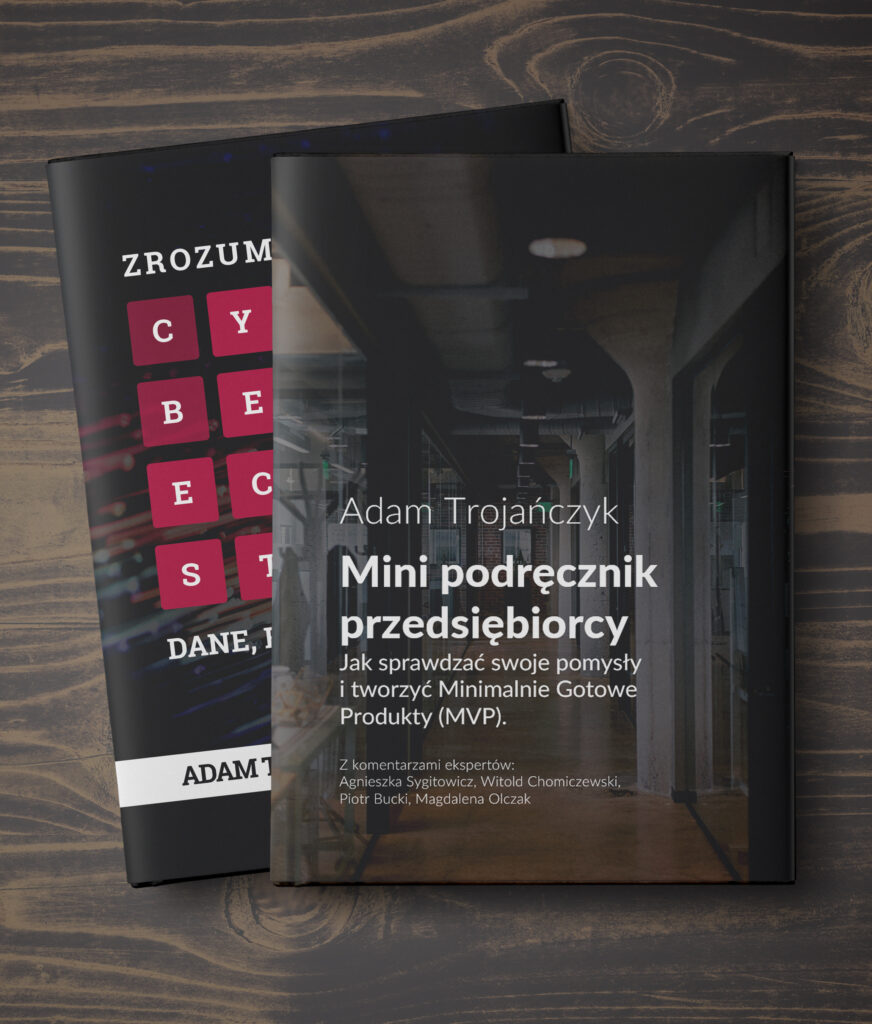Our memories store essential elements extracted from our experiences. Then, when we return to them with our memories, we re-create or reconstruct our experiences rather than retrieve exact copies of them. Daniel L. Schacter, in his book “The Seven Sins of Memory,” shows that in the process of reconstructing our memories, we add feelings, beliefs, and even knowledge that we have gained in the future, after the events to which we are reaching back in memory, and thus distort our memories. This shows how our minds are not perfect.
In addition, research shows that we forget 95% of what someone says to us, for example, during a lecture, a presentation at work, or a simple conversation. What does the data look like for other activities?
It turns out that we forget:
- 🧠 90% of the information we read,
- 🧠 80% from watched or listened to audiovisual material,
- 🧠 70% from a watched demonstration of a problem,
- 🧠 50% from the discussion undertaken on the issue,
- 🧠 25% when we practice our knowledge,
- 🧠 and only 10% when we teach someone else.
Thus, it can be concluded that everything we want to learn and benefit from in the future should end with teaching (or at least practicing learning) the same to others. This supports the thesis that we should not keep our experiences and skills to ourselves but share them with other people as soon as possible
This is important from the perspective of planning the development of ourselves, but also when we want to ensure the growth of our teams’ competence. The simplest thing we can do (as companies) is to provide a special space for exchanging experiences for all people in the organization so that each of them can share the knowledge they have gained with others.






